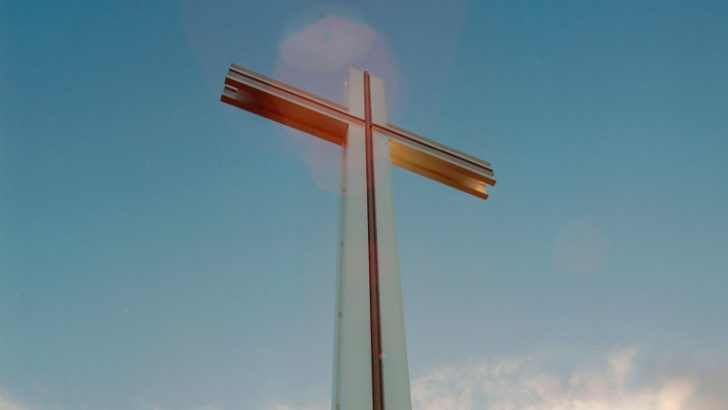I
n our Catholic tradition we often speak of the communion of saints as that spiritual union between the members of the Church on earth and those of us who have died in God’s friendship.
Death is not the end for us, and those who have gone before us remain a part of us and a part of the Church. That’s why reverence for the dead and their places of rest is central to how we grieve. Visits to cemeteries and the blessings of the graves are important rituals which help the grieving process. It was, therefore, with great relief that people greeted the news at the weekend that the Northern executive was re-opening cemeteries. It was a huge source of pain for people that they could not visit the graves of their loved ones.
In the Republic, no such restriction was formally imposed. It was disappointing, therefore, to hear reports this week that some gardaí were turning people away from cemeteries. There appears to be no uniform policy since some members of the force are permitting travel to graveyards and others are not. The Garda Commissioner must urgently clarify the matter and – if necessary – the Government must intervene to permit bereaved people to visit cemeteries while applying all necessary precautions.
Restrictions
More broadly, when restrictions are relaxed, the Church will have to act swiftly to assure public health authorities that communal worship can take place while observing social distancing. Most of our churches are very large buildings and can easily accommodate a larger group of people while observing distance.
Public health is of utmost importance, but it must not lead to a situation where churches and public worship are amongst the last things to be considered. What are needed are credible plans that will meet the need for robust distancing.
As Bishop Donal McKeown says (see page 14): “It is so painful for many Christians that they cannot gather physically and hear the Scriptures proclaimed, and then share in Holy Communion…God wants to nourish us with the fullness of Jesus who is the Word of God – and that includes his Sacramental presence.
“That is why, we as a Church will prioritise people’s physical health but are also able to speak a language that goes beyond the economic and the hygienic.
“If, after hearing this Gospel passage, we have nothing to offer but what one author calls ‘the technocratic imagination’…then we have nothing to offer,” the bishop adds.
It’s a sobering thought and we must not allow our pastoral outreach and sacramental life to be subject to the rigors of health and safety alone. While ensuring that people can be as safe as possible, the Church must be ready to swing into communal action so that people can once again gather for worship – even if only in small numbers.
Where churches remain closed, every reasonable action and precaution should be taken so that they can once again re-open as places for private prayer.


 Michael Kelly
Michael Kelly
